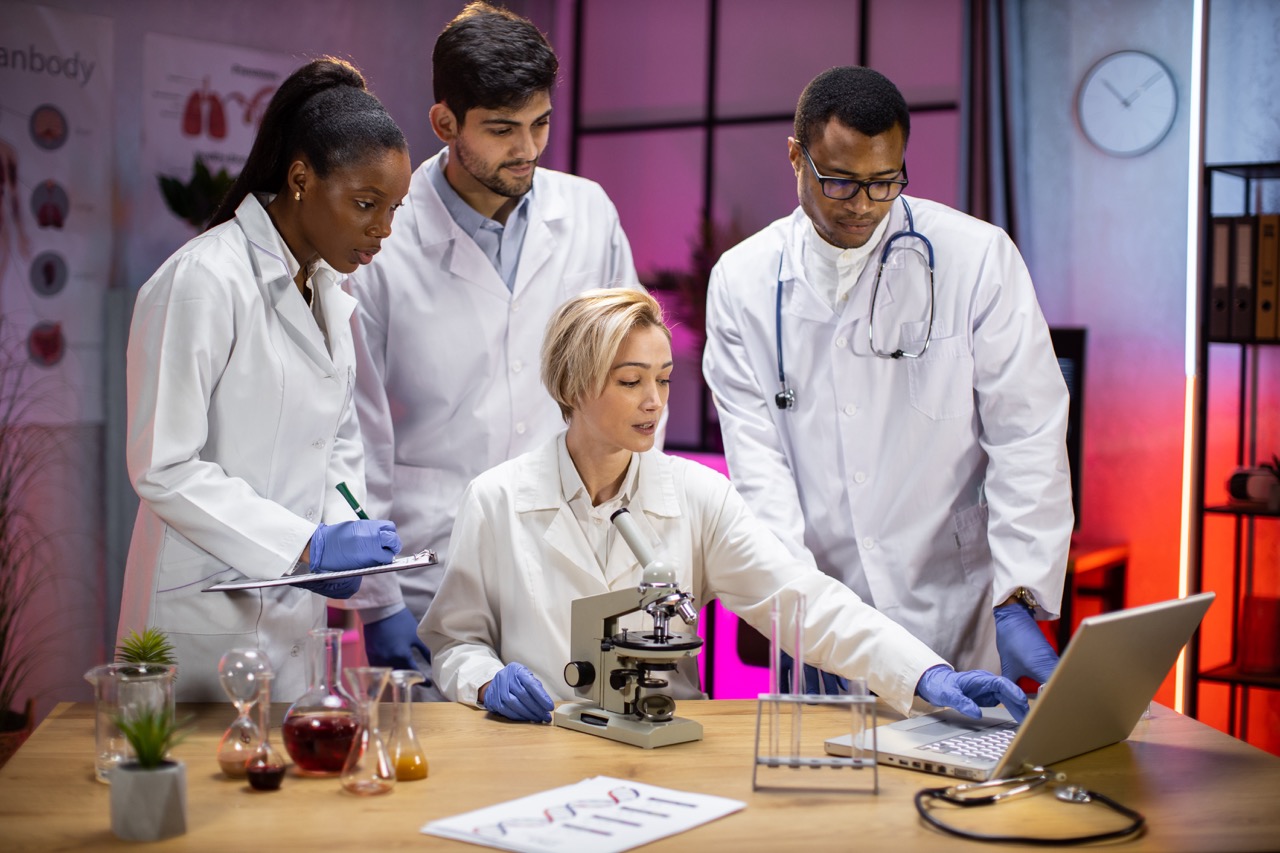Louis Pasteur, a 19th-century French chemist and microbiologist, is one of the most influential figures in the history of science. His pioneering work laid the foundation for modern microbiology and immunology, leading to discoveries that transformed public health and significantly reduced mortality rates from infectious diseases. Pasteur’s relentless pursuit of knowledge and understanding of microorganisms has saved countless lives, making him a true hero in the realm of medicine and science. This article explores Pasteur’s groundbreaking contributions, particularly his advancements in microbiology, the germ theory of disease, vaccination, and the lasting impact of his work on global health.
The Pioneering Work of Louis Pasteur in Microbiology
Louis Pasteur’s initial foray into the field of microbiology began with his meticulous investigations into fermentation and spoilage. He discovered that specific microorganisms were responsible for the fermentation process in beverages such as wine and beer. This revelation not only enhanced the production of these drinks but also paved the way for a deeper understanding of the roles that microbes play in various biological processes. Pasteur’s work emphasized the importance of hygiene and the need to control microbial contamination, setting the stage for future developments in sterilization techniques.
In his pursuit to understand the causes of infectious diseases, Pasteur conducted experiments that demonstrated the connection between microorganisms and illnesses. He famously debunked the theory of spontaneous generation—the belief that living organisms could arise from non-living matter—by showing that microorganisms were responsible for the spoilage of food and the onset of diseases. Through his innovative experiments, Pasteur established that microbes could be isolated and studied, fundamentally changing the scientific approach to studying pathogens.
Pasteur’s contributions to microbiology culminated in his development of pasteurization, a process that involves heating liquids to kill harmful bacteria without affecting the quality of the product. This technique has proven invaluable not only in the food and beverage industry but also in medical settings, where sterilization is crucial for preventing infections. Pasteur’s pioneering work established him as a foundational figure in microbiology, and his methods remain integral to scientific and public health practices today.
Breakthroughs in Germ Theory: Understanding Disease Transmission
The germ theory of disease, which posits that many diseases are caused by microorganisms, owes much to Pasteur’s extensive research. He conducted groundbreaking experiments that demonstrated how bacteria could be transmitted through various means, including air, water, and direct contact. His work initially focused on diseases affecting animals, such as anthrax and silkworm disease, where he successfully identified the causative agents as specific microorganisms. This laid the groundwork for the broader application of germ theory in human medicine.
One of Pasteur’s notable experiments involved the study of anthrax, a disease that plagued livestock and threatened humans. By isolating the anthrax bacillus and demonstrating that it could be used to create a vaccine, Pasteur showcased the practical implications of germ theory for disease prevention. His work revealed that understanding the microbial world was essential for controlling diseases, leading to the realization that hygiene practices, quarantine measures, and vaccinations could greatly reduce the spread of infections.
Pasteur’s germ theory continued to gain acceptance and support from the medical community, culminating in a paradigm shift in how healthcare providers approached disease prevention and treatment. The theory provided a scientific basis for improving sanitation, developing antibiotics, and instituting public health measures aimed at reducing the transmission of diseases. As a result, Pasteur’s contributions significantly advanced the understanding of infectious diseases, reinforcing the need for rigorous scientific methods in medicine.
Vaccination Innovations: The Fight Against Deadly Diseases
Louis Pasteur’s contributions to vaccination have had a profound and lasting impact on global health. He is renowned for developing vaccines for several deadly diseases, including rabies and anthrax. In 1885, Pasteur successfully created a rabies vaccine after years of research, using a method that involved attenuating the virus through a series of laboratory techniques. This marked a significant milestone in the field of immunology, providing a means to prevent a disease that was once universally fatal.
Pasteur’s approach to vaccination was innovative because he utilized weakened forms of pathogens to elicit an immune response without causing the disease. His work demonstrated that exposure to a controlled quantity of a pathogen could prepare the immune system to fight off more severe infections later. This understanding has become the cornerstone of modern vaccination practices, influencing the development of vaccines for countless diseases in the years that followed.
The success of Pasteur’s vaccinations not only saved lives but also instilled public confidence in preventive medicine. His achievements served as a catalyst for the establishment of immunization programs around the world, ultimately contributing to the decline of many infectious diseases. Pasteur’s legacy in vaccination continues to inspire ongoing research and development of new vaccines, underscoring the importance of his contributions to the field of medicine and public health.
Lasting Impact: How Pasteur’s Discoveries Saved Lives Worldwide
The lasting impact of Louis Pasteur’s discoveries extends far beyond his lifetime and has fundamentally altered the landscape of public health. His pioneering work in microbiology and germ theory laid the groundwork for modern medicine, leading to the development of sterile techniques in hospitals, improved sanitation practices, and the establishment of microbiological research as a critical area of study. These advancements have helped to control, treat, and prevent infectious diseases that once posed significant threats to humanity.
Pasteur’s emphasis on vaccination has also had profound implications for global health. Vaccination programs based on his principles have led to the eradication or significant reduction of diseases such as smallpox, polio, and measles. These achievements underscore the importance of preventive medicine and have inspired the global health community to prioritize immunization as a means of safeguarding public health. His work remains relevant today, particularly in the face of emerging infectious diseases and vaccine-preventable illnesses.
In summary, Louis Pasteur’s discoveries have saved millions of lives and transformed public health practices worldwide. His legacy is evident in the medical advancements that continue to arise from his research, demonstrating the importance of understanding microorganisms in the fight against disease. As we face new health challenges, the principles established by Pasteur serve as a guiding light in our ongoing quest for knowledge and health security.
Louis Pasteur’s extraordinary journey as a scientist and pioneer in microbiology and immunology exemplifies the power of curiosity and rigorous research in addressing some of humanity’s most pressing challenges. His discoveries have not only saved countless lives but have also shaped the foundations of modern medicine and public health. As we continue to navigate the complexities of infectious diseases, Pasteur’s work reminds us of the importance of scientific inquiry and the value of preventive health measures. His legacy endures, inspiring future generations of scientists and healthcare professionals in their efforts to improve global health outcomes.










